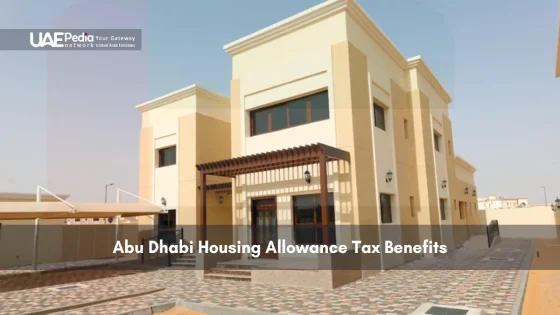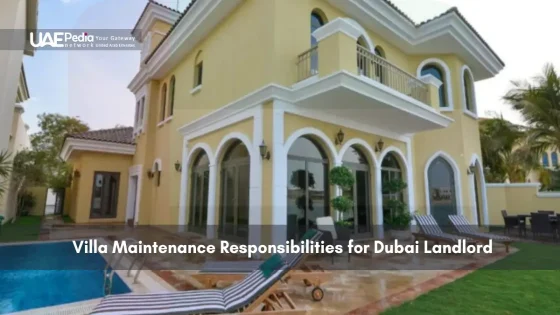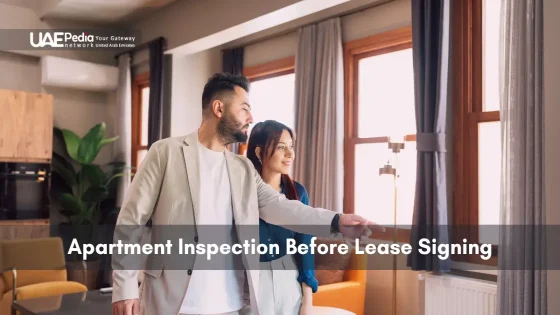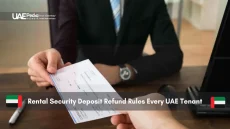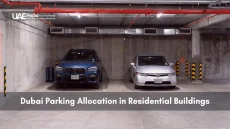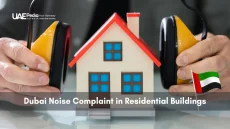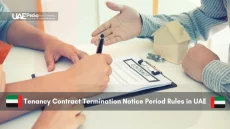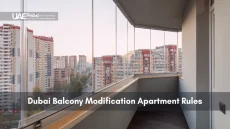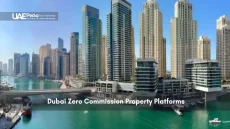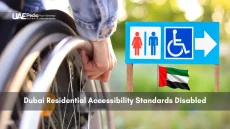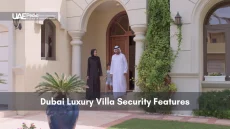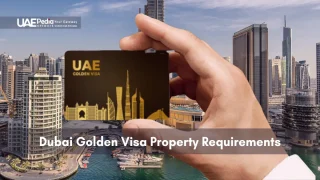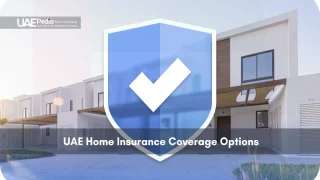Did you know Emirati cities like Dubai and Sharjah resolve over 90% of rental disputes through pre-defined maintenance rules? Whether you’re leasing a sunlit apartment near Al Majaz or managing a villa, understanding who handles repairs shapes your daily comfort. Recent updates to local laws clarify these expectations—creating smoother relationships between those who own properties and those who call them home.
Sharjah’s framework ensures homes meet safety standards while protecting everyone’s interests. For instance, updated recent guidelines require owners to confirm lease terms swiftly—no more waiting weeks for paperwork. Tenants gain peace of mind knowing emergency systems and structural upkeep aren’t just niceties but legal requirements.
Why does this matter? Clear contracts prevent midnight calls about leaky AC units or debates over elevator repairs. They also foster trust—a cornerstone of UAE community life. Whether you’re new to the Emirates or a long-time resident, grasping these basics helps you advocate for your rights (or fulfill your duties) without confusion.
Emerging maintenance statutes in Sharjah resolve over 90% of landlord–tenant disputes by codifying repair duties and timelines. Recent amendments mandate execution of lease agreements within 15 days, require owners to certify safety and emergency systems in accordance with Law No. 2007, and integrate a streamlined mediation process for unresolved claims.
Under Sharjah Building Maintenance Regulations Responsibilities, landlords must address major systems and structural defects—such as HVAC failures or plumbing breaches—within 48 hours when safety is at risk, while tenants handle routine upkeep tasks like light-bulb replacement and minor drain clearing. The Rental Dispute Centre adjudicates outstanding issues within 21 days, and security deposit deductions apply solely to damage exceeding normal wear and tear.
Key takeaways:
- Local laws create a safety net for housing quality, inspired by Dubai’s tenant-friendly precedents
- Lease agreements now prioritize transparency, with timelines for addressing maintenance requests
Understanding Sharjah’s Regulatory Framework
Imagine moving into your dream apartment—only to discover unclear repair rules. Recent changes here ensure that scenario stays fictional. The city now requires both parties to lock down lease terms faster than ordering karak tea—think 15 days max before potential legal steps kick in.
Paperwork That Actually Works
Gone are the days of handshake deals. All agreements must use official digital or paper forms approved by local authorities. These templates spell out everything from security deposit limits to who fixes that wobbly ceiling fan. Pro tip: Always check for the Executive Council stamp—it’s your golden ticket against future headaches.
Who’s Watching the Clock?
Meet your new allies: the Rental Dispute Centre and municipal teams. They’re like football referees for housing matters. If a landlord drags their feet confirming your lease agreement, these groups can issue fines faster than desert temperatures rise. Tenants aren’t off the hook either—failing to report wear and tear properly might dent that deposit refund.
Here’s the kicker: Law No. 2007 ties everything together. It ensures maintenance standards match neighboring hubs while honoring local traditions. Whether you’re ending a lease or disputing AC repairs, documented steps replace guesswork. Because let’s face it—nobody wants surprise deductions from their security money over a scratch that was already there.
Read More:
Sharjah Building Maintenance Regulations Responsibilities
Picture this: You’re savoring karak tea when the AC sputters. Who picks up the phone? Sharjah’s rules make it clear—like splitting a dinner bill fairly. Let’s unpack how landlords and tenants share duties, protect deposits, and resolve clashes without drama.
Landlord and Tenant Obligations
Owners handle big-ticket items—think plumbing systems or cracked walls. Tenants tackle minor fixes like replacing lightbulbs or unclogging drains. As one property lawyer puts it: “Structural issues are owner territory. Daily upkeep? That’s on residents.”
Dubai’s Lease Law influences these norms. For example, landlords must address leaks within 48 hours if they affect safety. Tenants? They’re responsible for proper use of property—no DIY renovations without written consent.
Security Deposits & Conflict Navigation
Deposit refunds work like a trust exercise. Landlords can deduct costs for damages beyond normal wear and tear—say, a stained carpet or broken tiles. But scuffed paint from moving furniture? That’s expected.
| Scenario | Landlord Duty | Tenant Duty |
|---|---|---|
| Broken AC Unit | Full repair | Prompt reporting |
| Peeling Wall Paint | Repaint every 3-5 years | Avoid intentional scratches |
| Clogged Kitchen Sink | Cover if pipe issue | Pay if caused by misuse |
When disputes arise, the Rental Dispute Centre acts as referee. Submit a complaint online—they’ll mediate within 21 days. Pro tip: Document everything. Photos timestamped during move-in inspections are golden.
Understanding UAE leasing guidelines helps both sides avoid pitfalls. Clear lease clauses turn potential battles into handshake solutions. After all, good partnerships thrive when everyone knows their role.
Navigating Property Maintenance and Repair Obligations
Ever faced a midnight plumbing disaster and wondered who’s footing the bill? Clear guidelines help avoid these stress spikes. Let’s explore how to separate quick fixes from complex cases—so you spend less time debating and more time enjoying your space.
Routine Maintenance Versus Major Repairs
Think of upkeep like car care: oil changes (routine) versus engine overhauls (major). Tenants typically handle tasks under $100—think air filter swaps or patio sweeping. Owners tackle system failures like HVAC breakdowns or roof leaks. A property manager once joked: “If it requires tools you don’t own, it’s probably not your job.”
| Issue | Routine Service | Major Case | Who Pays? |
|---|---|---|---|
| AC Not Cooling | Filter cleaning | Compressor replacement | Owner |
| Dripping Faucet | Washer replacement | Pipe replacement | Tenant (if misuse) |
| Cracked Tile | Grout touch-up | Floor restructuring | Owner |
Handling Normal Wear and Tear
Sun-faded curtains or lightly scuffed floors? That’s life happening—not negligence. But stained carpets from unapproved pets? That’s a deposit deduction waiting to happen. Following responsibilities dubai models, landlords can’t charge for aging appliances unless misuse is proven.
Pro tip: Schedule bi-annual checks like you’d visit a dentist. Catch small issues before they become emergencies. And always reference your lease—it’s the blueprint for navigating maintenance responsibilities smoothly. Because nothing beats peace of mind when the next summer storm hits.
Final Insights on Sharjah Rental Practices
Have you ever wondered how smooth rental experiences are crafted in the Emirates? It starts with clarity—like knowing whether that dripping faucet is your make sure moment or your landlord’s. Reviewing your lease isn’t just paperwork—it’s your roadmap to stress-free living.
Here’s your action plan: First, audit your agreement. Does it detail rent payment timelines? Are condition reports from move-in day attached? Second, schedule seasonal property checkups—think of them like car tune-ups for your home. Third, bookmark local mediation centers. They’re faster than filing a support ticket for your favorite app.
Need inspiration? Look to Saudi Arabia’s rental models, where digital lease platforms streamline tenant landlord communication. Whether you’re in Riyadh or the UAE, professionals like property lawyers can spot red flags faster than you’d spot a camel in traffic.
Before signing anything, ask: “Does this clause protect my peace of mind?” Treat your lease like a favorite recipe—every ingredient matters. And remember: A well-maintained condition today means fewer surprises when that rent check clears tomorrow.
Tenants typically manage day-to-day upkeep like AC filter cleaning or minor plumbing fixes, while landlords cover structural issues (think cracked walls or electrical system failures). Always check your lease agreement—some contracts outline specific shared duties!
Nope! Faded paint or lightly scuffed floors from daily use can’t justify withholding your deposit. But major damages like broken tiles or unauthorized paint colors? That’s a different story. Document the property’s condition at move-in to avoid disputes later.
Sharjah’s Law No. 2007 requires landlords to address structural repairs promptly. Send a written request via email or registered mail. If they ignore it, file a case with the Rental Dispute Centre—they’ll mediate and enforce compliance, often within weeks.
A> Not anymore! Since 2022, all rental contracts must be written or electronic to be enforceable. Digital platforms like Ejari streamline registration. Protect yourself—never rely on handshake deals, even if your landlord seems trustworthy.
By law, they must refund it within 30 days of lease termination, minus any valid deductions. Pro tip: Schedule a joint inspection before moving out. Snap timestamped photos and get signed confirmation of the property’s condition to speed up the process.
A> Absolutely. Tenants have a right to 24-hour notice before visits unless it’s an emergency (like a gas leak). Keep a log of unauthorized entries and report patterns to the authorities. Your home is your sanctuary—local laws shield you from intrusive behavior.

